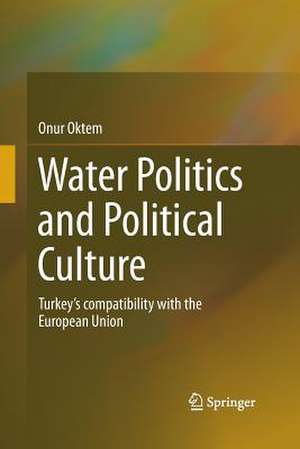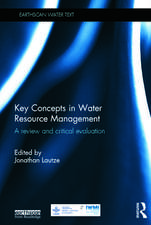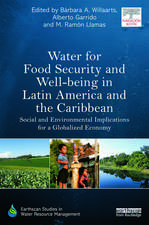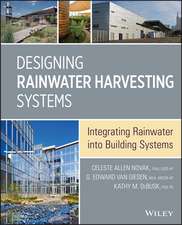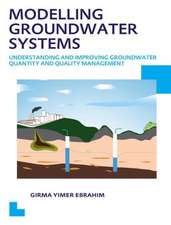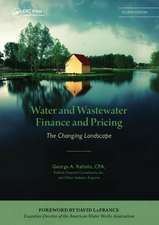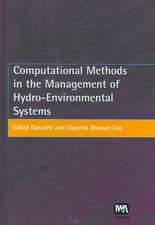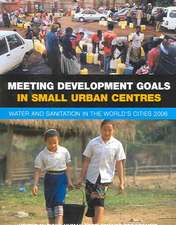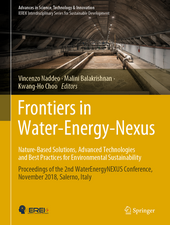Water Politics and Political Culture: Turkey’s compatibility with the European Union
Autor Onur Oktemen Limba Engleză Paperback – 23 aug 2016
| Toate formatele și edițiile | Preț | Express |
|---|---|---|
| Paperback (1) | 382.36 lei 43-57 zile | |
| Springer International Publishing – 23 aug 2016 | 382.36 lei 43-57 zile | |
| Hardback (1) | 392.97 lei 22-36 zile | |
| Springer International Publishing – 27 oct 2015 | 392.97 lei 22-36 zile |
Preț: 382.36 lei
Nou
Puncte Express: 574
Preț estimativ în valută:
73.19€ • 79.52$ • 61.52£
73.19€ • 79.52$ • 61.52£
Carte tipărită la comandă
Livrare economică 21 aprilie-05 mai
Preluare comenzi: 021 569.72.76
Specificații
ISBN-13: 9783319368894
ISBN-10: 3319368893
Pagini: 182
Ilustrații: XII, 182 p.
Dimensiuni: 155 x 235 mm
Greutate: 0.28 kg
Ediția:Softcover reprint of the original 1st ed. 2016
Editura: Springer International Publishing
Colecția Springer
Locul publicării:Cham, Switzerland
ISBN-10: 3319368893
Pagini: 182
Ilustrații: XII, 182 p.
Dimensiuni: 155 x 235 mm
Greutate: 0.28 kg
Ediția:Softcover reprint of the original 1st ed. 2016
Editura: Springer International Publishing
Colecția Springer
Locul publicării:Cham, Switzerland
Cuprins
1. Introduction.- 2. The Social Construction of Water Management and Political Culture.- 3. IWRM as a Social Construct.- 4. Political Culture of Turkish Water Bureaucracy.- 5. Water Transfers and Turkish Political Culture: Melen Case.- 6. Comparing Political Cultures of Turkey and Spain.- 7. Conclusion.- Appendix.
Recenzii
Notă biografică
Textul de pe ultima copertă
This book presents an analysis of the main traits of the Turkish political culture and articulates some of the most important deeply embedded social qualifications of political life in Turkey. It reveals that when water management is historically and socially shaped by heavily technical knowledge systems of engineering it becomes a particularly useful tool for various political interests. The book analyses how Turkish freshwater management is socially constructed as both an engineering discourse and a paternalistic bureaucratic transaction. Such a construction stands in stark contrast to the water management discourse of the European Water Framework Directive (WFD), the European Unions common water policy. Of all the issues faced in Turkish water management, none are as important and problematic as the issue of complying with European Union (EU) accession criteria. Not only is water socially, economically and environmentally important; its water management is a useful prism through which the EU accession process can be viewed as a whole. It showcases the complementarities and divergences between Turkish and EU bureaucratic constructs and value systems.
Caracteristici
Examines and demonstrates how Turkish water bureaucracy works Gives a unique historical and cultural account of the bureaucratic system Critically assesses the engineering discipline through political and cultural frameworks Provides a new perspective analyzing the relationship between Turkish state and its citizens Uses social constructivism as a meta-theory for critically assessing the taken for granted aspects of Turkish water management
